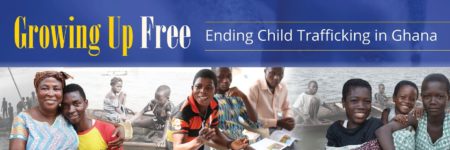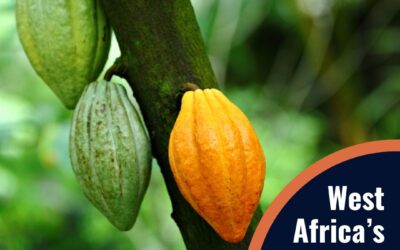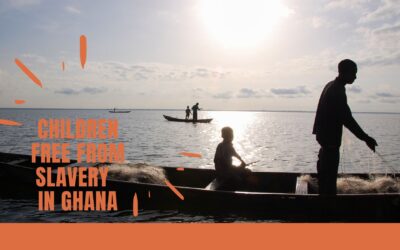First came the sickness. Nobody knew what it was. Not the numerous herbalists nor any of the doctors could help Rosemary Gilkpo and her six children find a cure for their ailing husband, father and sole breadwinner, Simon Tetteh Dzeagu.
Then the money ran out to pay for herbalists or anything else. They were forced to borrow. Caring alone for a family of eight became impossible for Rosemary Gilkpo. With no food, medical insurance available, no social monetary assistance available, no one to turn to and desperate to find money for a cure, the mother turned to the Lake Volta and a trafficker’s promises. She sold her two eldest boys, Michael Dzeagu, 15, and Elijah Dzeagu, 13, to a trafficker to fish the lake Volta 100 cedis or $25 USD.
It may not sound like much, but in Ghana, it can buy enough trips to the doctor to save a life. The trafficker promised to give her 100 cedis monthly for the boys’ work. He lied. No further money came and six months later, Michael and Elijah’s father was dead.
A family emergency, such as a breadwinner becoming ill or dying, often leaves an impoverished family desperate and vulnerable to trafficking. A lack of knowledge about child welfare laws and the illegality of child slavery play a part. Desperation often squeezes families into to making unthinkable decisions.
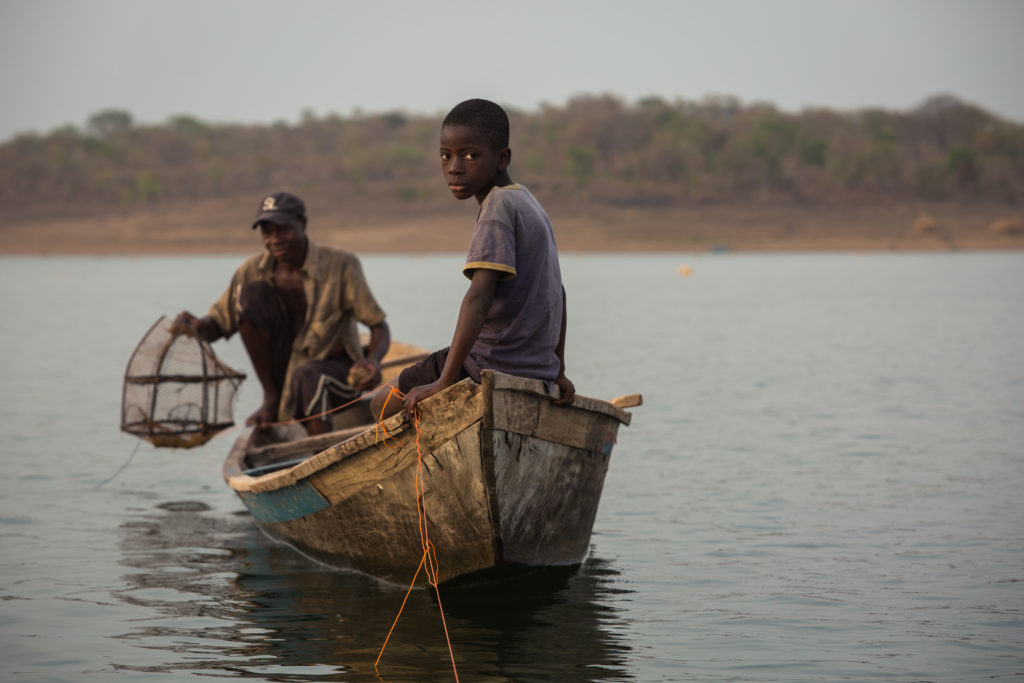
Lake Volta Fishing | Photo: FTS/Teague
Slave holders often make it sound like the children’s lives will be better off with them, offering promises of an education and an apprenticeship or job in a trade like fishing. In reality, children work up to 14 hours a day, receiving nothing but abuse. No education. Little food. Storms often overturn rickety boats and all aboard drown. Children are used to untangle nets stuck on submerged tree branches. Many never resurface.
Rosemary Gilkpo has regrets about the incident. “I have trafficked my children out of ignorance of the laws that prohibit trafficking, frustration and impossible challenges,” Gilkpo explains. “At the time, I was perpetrating the unlawful act, all I believed in was that it takes lives to save lives. That is the reason why I have trafficked my children to save the life of their beloved father.”
Fortunately for Michael and Elija, their story took a positive turn after seven months on the lake. The efforts of Community Child Protection Committee (CCPC) members and an assembly member from their hometown in the Lolonya community won their freedom.
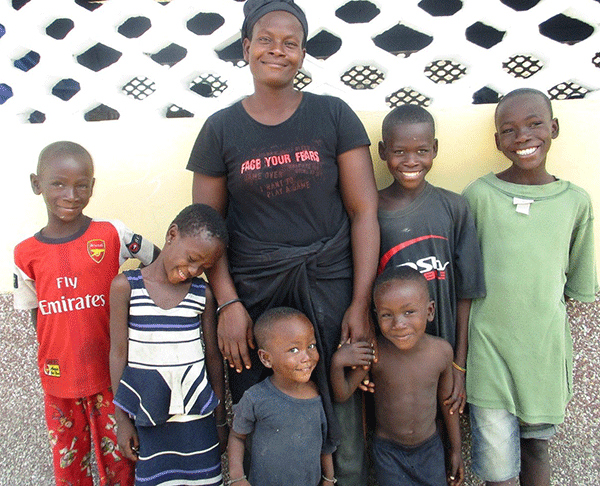
Dzeagu family reunited
An aunt reported the situation to community leaders. She had been educated with an entire community group about how to recognize and stop trafficking. They were sensitized about laws involving trafficking and children’s welfare by the CCPC and assembly. The CCPC and assembly member talked to the mother and impressed upon her to call her sons back or face charges. The boys were released.
International Needs Ghana, a Free the Slaves partner, in collaboration with Department of Social Welfare and Community Development, assessed the boys’ situation after release. They will receive ongoing psychosocial counseling, and case workers will monitor the family to ensure the boys are enrolled in school and none of their siblings is trafficked in the future.
Michael and Eliha’s story underscores how the Free the Slaves Growing Up Free Project is building community resistance to child trafficking and rescuing trafficking victims from slavery on Lake Volta.
The initiative supports the formation and implementation of a comprehensive, integrated plan for prevention, rescue, prosecution, rehabilitation, reintegration, education, wrap-around social services, the development of market-based livelihoods for vulnerable families, and the formation of communities united in the determination to drive slavery from their midst.
This story was reported by Theodore Atsu Ameme in Ghana and written for the FTS Blog by Michelle Wladich.

